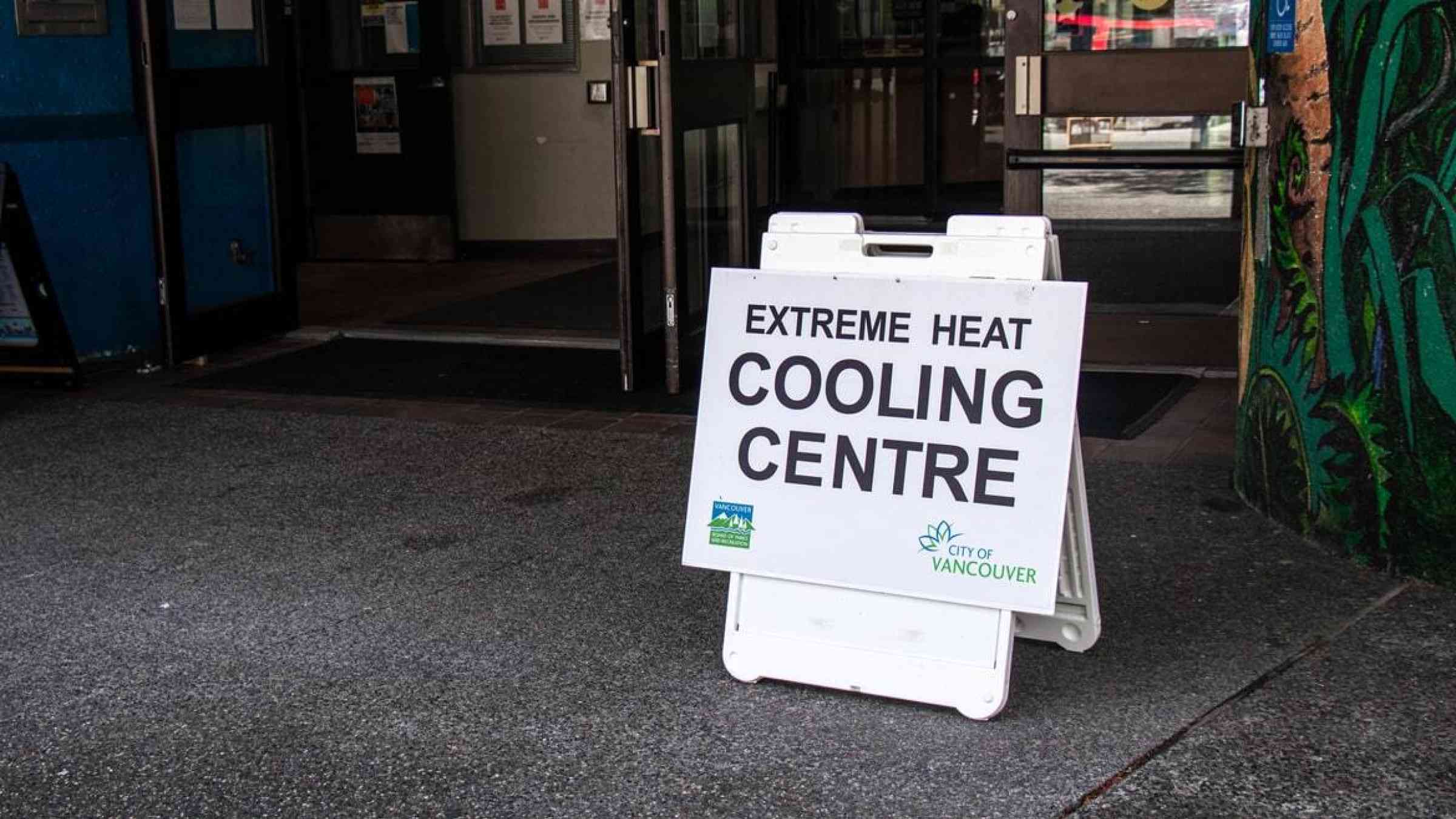Better emergency preparedness can protect older adults from climate change

Last summer brought scorching hot temperatures and record-breaking heatwaves to British Columbia. Unfortunately, the heat was not the only record that skyrocketed — what followed was a chain of extreme weather events.
British Columbia saw unprecedented rainfall and flooding that forced nearly 20,000 people from their homes, blocked essential highways and impeded necessary travel and resource distribution.
All of this is a result of climate change, which hasn’t impacted everyone equally. Older adults experiencing homelessness and housing insecurities are some of those most impacted.
As Vancouver is currently predicted to experience flooding in the coming weeks, followed by possible heat domes throughout the summer, governments and organizations need to allocate their time and resources to prioritize the needs of the older adults experiencing homelessness and housing issues.
Without warning
In B.C., more than 700 deaths were reported during the extreme Pacific Northwest heat wave.
The majority were older adults living alone without adequate housing, ventilation or protection. Like the COVID-19 pandemic, severe and deadly weather conditions exposed yet another layer of inequity that needs to be addressed.
During last year’s record breaking heat, formal supports like emergency health services were limited by long wait times, specifically impacting those with chronic conditions. In Vancouver, for example, an older person had to wait 11 hours before receiving treatment for heat exhaustion.
Although services and resources like cooling centres, with air-conditioned public spaces were made temporarily available, there was a lack of consideration for senior-specific accessible supports that accommodated those with assistive devices or mobility aids.
Without warning and with little time for preparation, older adults without access to the internet or electronic devices, community or family support were left to overcome wide-ranging obstacles on their own.
Emergency preparedness
For most people, extreme heat or wildfire smoke may mean a night of tossing and turning and increased indoor time. For older adults experiencing homelessness or housing issues, it could mean life or death.
So, how can solutions that consider these folks be implemented?
Emergency preparedness is one step. For example, municipalities across the country organized public cooling centres during the heatwave. And ensuring these resources are accessible to all is critical, but it doesn’t always happen.
Solutions need to account for everyone and establish ways to reduce mobility, language and technological barriers. Increased relevant outreach and transportation to nearby cooling centres could be one way municipalities address these barriers and increase accessibility to necessary resources during a heat wave.
Bolstering emergency services like paramedics and the number of health care professionals working during these times is also essential. In addition, by providing them with trauma informed resources they’ll be better able to support and meet the unique needs of older homeless and housing insecure adults during an emergency.
In the long term, city planning can also support the homeless community by increasing tree canopy and shade opportunities that are located near benches, to provide cooler resting areas.
Understanding lived experiences
Beyond these immediate measures, the impacts of extreme climate conditions on older adults should be explored through research to inform policies and programs. More importantly, understanding the lived experiences of those impacted is necessary for identifying barriers and implementing appropriate solutions.
As researchers working for the Aging in the Right Place Partnership project — which explores housing related practices that support older adults experiencing homelessness — we hope to capture the lived experiences of those facing housing insecurities, as well as advocate and make essential changes in the way research, policy and programs related to housing issues are developed and implemented.
Climate change will continue to impact our communities and serve as a danger to older adults who are experiencing housing insecurities. By connecting and amplifying their voices, we can inform research and policy innovation that focuses on accessible emergency preparedness and safety measures.
![]()